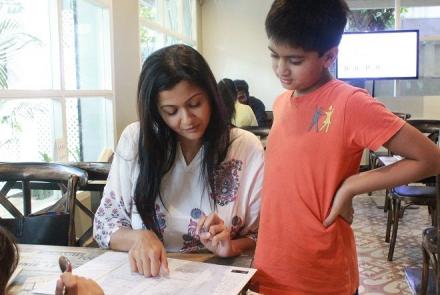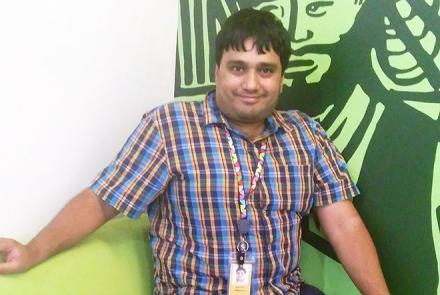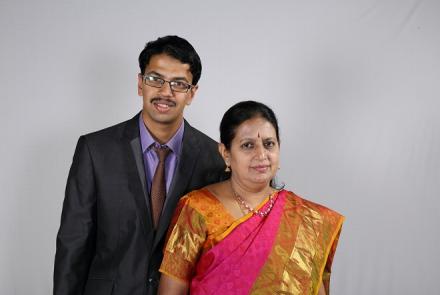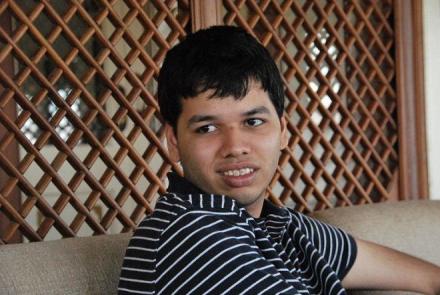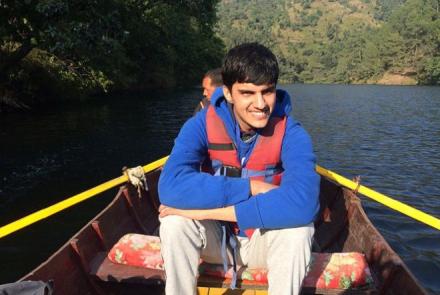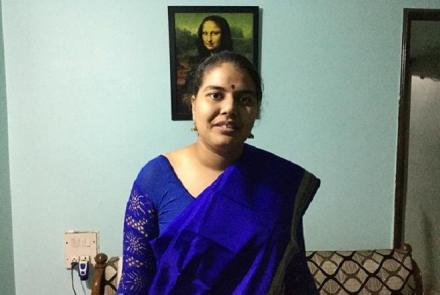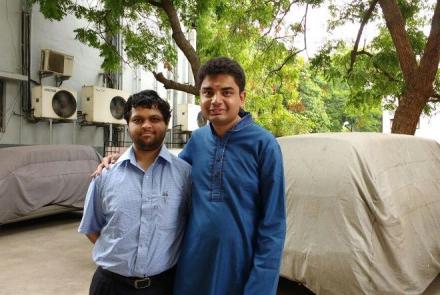
Alisha Lalljee, Special Educator and Counselling Psychotherapist, feels teenagers with special needs have been hit hard by the Covid-19 pandemic and lockdown as they struggle with schedule disruptions, discontinuation of therapies and issues of anxiety and sometimes aggression.
Young adolescents and teenagers with special needs and disabilities have been affected severely by the Covid-19 lockdown. They are in a frazzled state – aware of coronavirus, though not always fully understanding the global impact. Some may not fully grasp why they have suddenly lost their comfortable routine, cut off from friends and teachers, forbidden from going down in the building and locked up at home for two months.
I have been receiving numerous calls from nervous and worried parents. They say their children are getting increasingly restless and tense. They are having frequent episodes of mood swings, impulsive and erratic behaviour. Complaints of loneliness and depression are also common.
With parents burdened with domestic chores, WFH pressures and personal stresses, they are unable to give focussed attention or required time to their children. The breakdown of a tight schedule and orderly line-up of activities has worsened the situation. Many children with special needs like those who are diagnosed with autism spectrum disorders (ASD), attention deficit hyperactivity disorders (ADHD), Down’s Syndrome, cerebral palsy are not able to engage themselves purposefully on their own sparking off unwanted emotions and anger.
I know of teenagers who need speech and cognitive therapy regularly. Without these sessions with their teachers, several of them are beginning to backslide and regress. There was one parent who said, that his boy would narrate all that happened in school on regular days, but now he has become absolutely withdrawn and communicates only in monosyllables or just shakes his head. In another instance, a girl treats the lockdown as a holiday, and rebelliously insists on taking a bath only once a week.
Online therapies not working
Although the world is going digital now, attempts to involve children with special needs for e-therapies have not been very successful. They find it difficult to sit before the screen for extended periods. We have tried with the help of parents to reach out to them online or have a face time with their teachers and counsellors, but after some time they lose interest and even eye contact. Hence, it is difficult to advise parents to consider e-activities for them.
Sexual desires
There have been many concerns on this front too. Calls have been coming from parents about how to handle an awkward situation. Teenagers with special needs, like their typical counterparts, mature physically and sexually according to normal developmental stages. However, due to lack of routine, spare time and built up stress, the sexual desire among them may be heightened during lockdown. Parents get uneasy and embarrassed when they see their children masturbating or fondling or touching their genitals while sitting in the drawing room before other family members. I have to counsel parents that it is normal behaviour, only they should be told to go to the bedroom or washroom at such moments. I had a call recently from a troubled mother that her 18-year-old son has logged in to Tinder and other dating apps, which is normal teen behaviour but parents should talk to their children about the appropriate use of these apps.
Related: Sexuality Education for Children and Adolescents with Disability
Extreme aggression
The other alarming aspect of lockdown is increased cases of extreme aggression. One day a parent frantically called up me. Her daughter had tried to smother her father with a pillow. She had been watching unrestricted criminal serials, and when her father scolded her about diet control and obesity and limited television time, that night she went to her parent’s bedroom, and tried pressing the pillow on her father’s face when he was asleep. Fortunately, she could be overpowered and things were brought under control.
The stay-at-home forced regimen is affecting children with special needs quite adversely. With disruptive schedules, very limited social interaction, curtailed activity and engagement, children are finding it difficult to control their anger, frustration and fears. They are not able to express themselves fully, nor are they able to understand the situation completely. Some fear they will never go back to their old schedule, and feel frustrated with their parents. Because of lack of understanding and limited control over their emotions, these children have to be handled with kid gloves all the time, else they tend to get violent and irrational. There have been cases of suicidal attempts and children harming themselves with blades and knives.
Happy stories
However, we have had some success and happy stories emerging from the pandemic upheaval. I have an autistic teenage boy who comes to me for counselling. He is a state level swimmer. It is heartening that he now focuses his stamina and energy on helping with household work in cooking, cleaning and washing. There are others who are participating in online classes and activities run by their centres.
Teaming up with other doctors
I have been counselling parents online, even referring them to psychiatrists if medicines have to be prescribed for some children. We have formed a multipronged team with teachers, counsellors, doctors, chemists to help parents in case of emergencies. A good number of parents have asked for medicinal support to calm their children.
Advice to parents
In general, my advice to most parents is to maintain a daily schedule or routine. It is crucial to engage the child and keep him or her busy. A combination of assorted activities, including fun exercises, family games, skill learning, cooking, music, household tasks, limited TV time, phone usage should be planned for them. I would say the last two are most crucial. Parents keep complaining that their children are spending frightfully long hours on the phone. They then complain of headache, backache, eye strain which in turn triggers mood swings and uncontrollable tantrums. Most children with special needs are undergoing some form of therapy, and without it they feel unsettled and out of order. So creata a routine that incorporates various elements and involve the various members of the family.
Parents need to be extra watchful, considerate and compassionate during the lockdown phase. If you are a parent seeing this, be gentle on yourself, please acknowledge that you are not alone, you are not a 'bad parent', your child is not a 'bad child'. Do not hesitate to reach out to get help and guidance.

